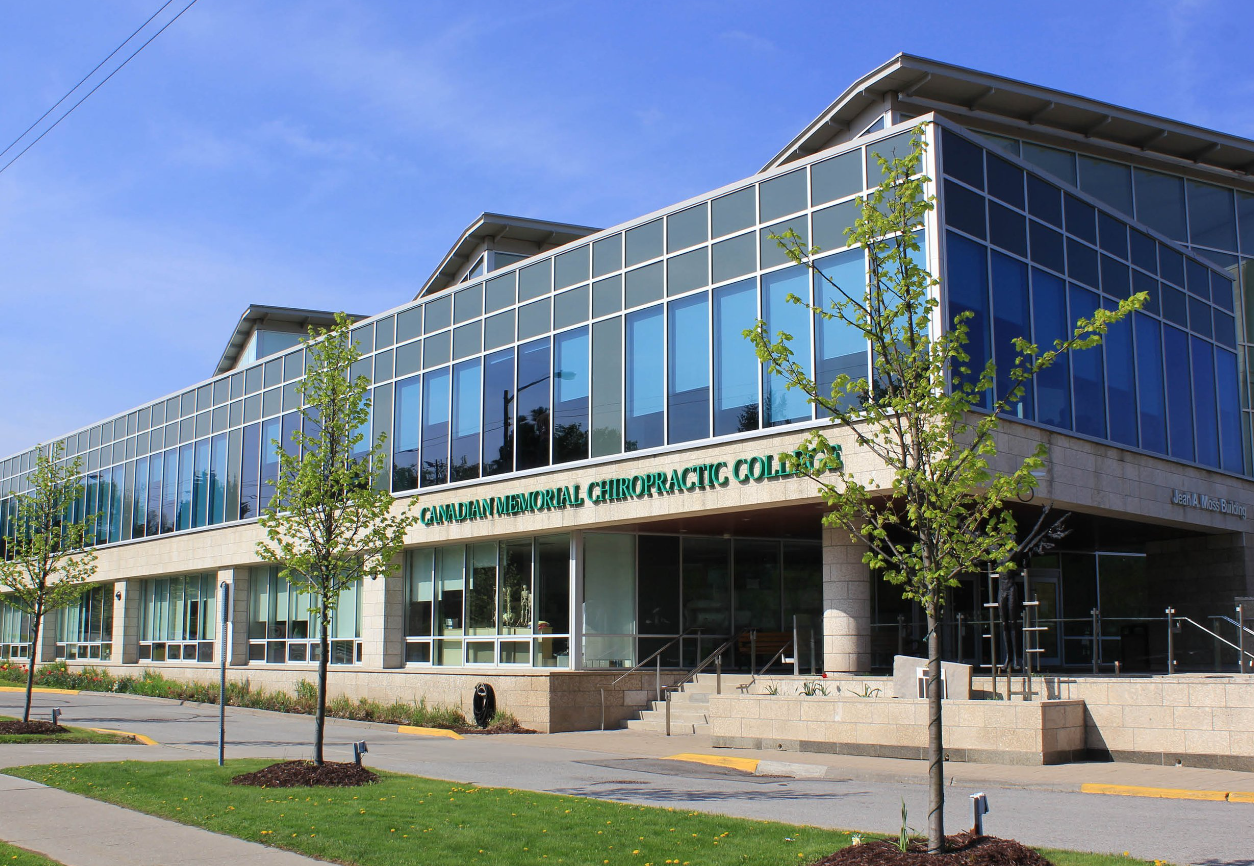Latest News

This month, we had the opportunity to speak to the team at Canadian Memorial Chiropractic College (CMCC). We discussed CMCC strategic updates, faculty development in chiropractic medicine, and what institutional membership means to them.
Q: Tell us about the CMCC and some of your current strategic priorities.
The Canadian Memorial Chiropractic College (CMCC) is a world leader in chiropractic education and research. As a private academic institution, CMCC offers a second entry undergraduate professional degree, postgraduate studies and continuing education programs. Our four-year undergraduate Doctor of Chiropractic program is our largest educational program and the only English chiropractic program offered in Canada.
CMCC is recognized as one of the most innovative chiropractic institutions in North America, focusing on basic and applied research related to neuromusculoskeletal interactions and the study of chiropractic’s role in integrated care and health promotion.
Additionally, CMCC offers chiropractic care through our growing network of clinics throughout the Greater Toronto Area. Here, Year 4 students intern under the supervision of expert clinicians, many of whom are specialists. During this 12-month clinical internship, CMCC offers students diverse clinical experiences that include dimensions such as cultural and geographical diversity, patient diversity and case complexity.
Embracing collaboration among educational institutions and health care partners, CMCC continues to contribute research, educational and clinical expertise with partners in North America and abroad.
Among our most important strategic priorities is to deliver a curriculum that is competency driven, clinically led, evidence informed and enhanced by facilities and technology. CMCC is committed to fostering a culture of innovation, continually adapting our curriculum, learning strategies and business models to the needs of a 21st century chiropractor.
We pride ourselves on the fact that over 50% of our curriculum takes place in small groups, interactive online labs and hands-on activities. In this way, we are distinguished from other chiropractic programs. Additionally, CMCC offers experiential learning days for each year of the program. These are broken down into clinical simulation exercises in a mock clinical environment and focussed skills labs, where students are given an opportunity to fine tune specific practices for deeper learning, such as active rehabilitation for arthritis care or a lab using our unique eye and ear trainers.
Q: What is the significance of faculty development at your institution and field of chiropractic medicine?
A: Faculty development is a key support to ensure that our diverse faculty is equipped with the skills and resources needed to teach in this dynamic program. A substantial proportion of our faculty are independent health practitioners, which is a huge asset as they bring real world examples to their teaching. Gaining an understanding of health profession education ensures that they are teaching to our high standards.
Faculty development has evolved to being a personalized experience, with “any time, anywhere” pieces offered at our institution. We utilize our learning management system and our various educational technologies to ensure faculty are conversant in the tools to which our learners respond best. The addition of resources through the University of Toronto adds to our comprehensive library of teaching tools for our faculty.
Faculty training at CMCC is facilitated through the Department of Curriculum and Faculty Development, which provides all newly hired faculty with access to our Teacher Education Program. This program emphasizes adult learning principles and addresses current trends in health care education. Additionally, departmental development sessions are held regularly. Clinical faculty receive further specialized training tailored to the unique demands of clinical teaching environments, with a focus on the challenges associated with competency-based learning and assessment in health care settings.
Q: What is something happening at CMCC Education portfolio that you would like to further highlight?
One of CMCC’s greatest strengths is the experiential learning component of our curriculum. We are committed to continually developing and delivering hands-on experiences that provide our students with practical skills and direct feedback. Among the many standout features is our Force Sensing Table Technology (FSTT®) Lab, where students refine their manual technique and receive real-time data on force, amplitude, and impulse. Our Manikin Simulation Labs, another distinctive feature of our program, allow students to participate in simulations based on landmark studies—setting us apart from many chiropractic institutions. Additionally, our specialized Clinical Skills Labs focus on key areas of care such as diagnostic skills offering targeted and advanced training.
By the time our students reach the clinical internship year, they are well prepared through knowledge and practice to diagnose, treat and refine their knowledge through patient caseloads of six-month rotations at two of nine clinics within Ontario. They may also apply for externship opportunities through approved clinical sites across Canada.
Q: CMCC is Institutional Member at the CFD this year! What does this collaboration and connection with the CFD mean to you?
A: We have been collaborating with the University of Toronto for some time, and this Institutional Membership formalizes this relationship. Through our teaching clinic at St. Michael’s hospital, our interns and postgraduate residents have interacted with many faculty and students at the Temerty Faculty of Medicine. The quality of professional development offered to the clinical faculty is exemplary, so when this opportunity arose to become an official affiliate, CMCC was keen to participate. We are anticipating that our faculty will benefit from these resources and that our students will subsequently benefit as well.
We are looking forward to collaborating with the CFD on the development of new approaches to faculty development. A symbiotic development process and the sharing of resources is very emblematic of the interprofessional trend of health care practice and health professions education. CMCC is proud to be a member with the CFD and looks forward to many new endeavours ahead!
See all Latest News.
